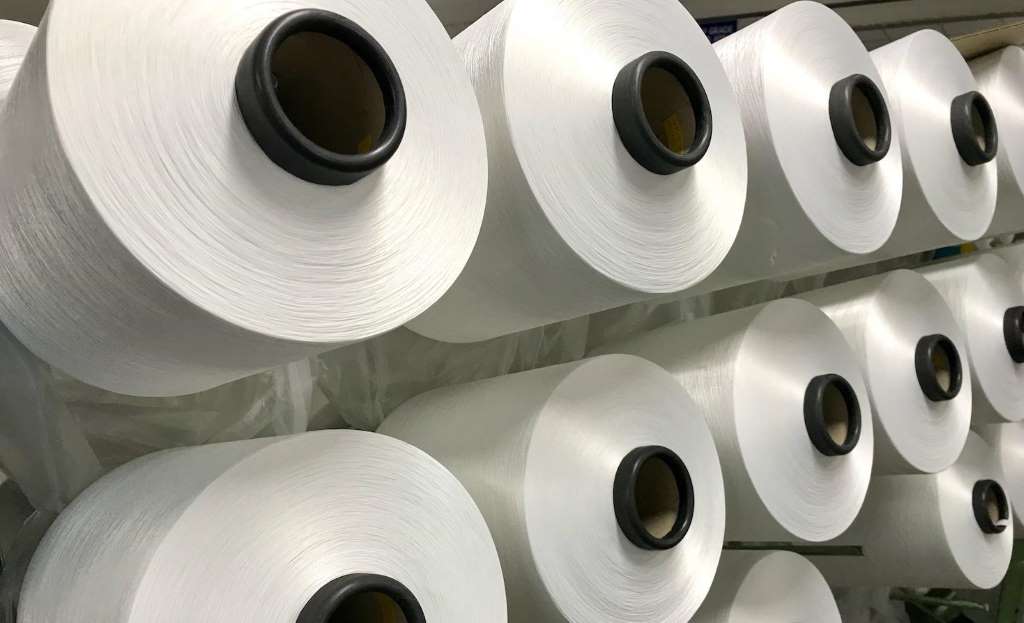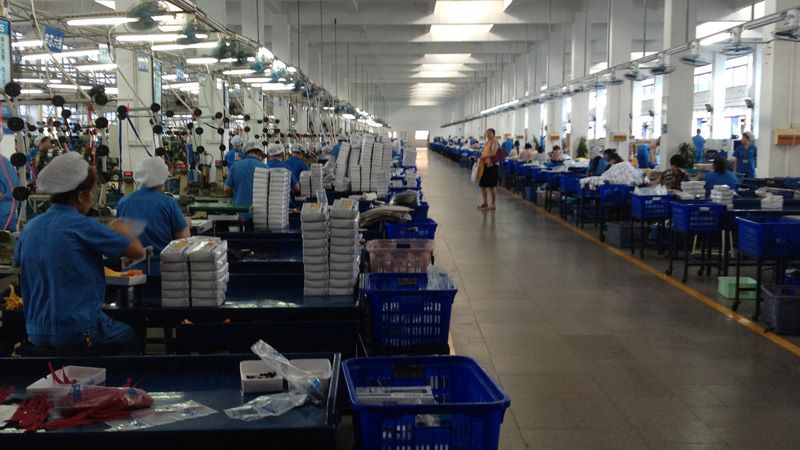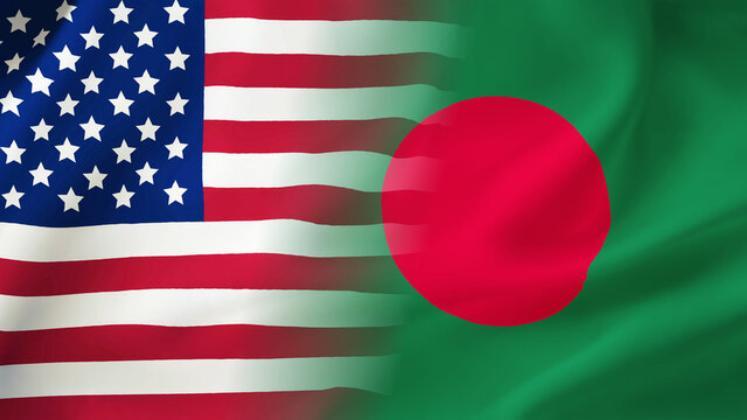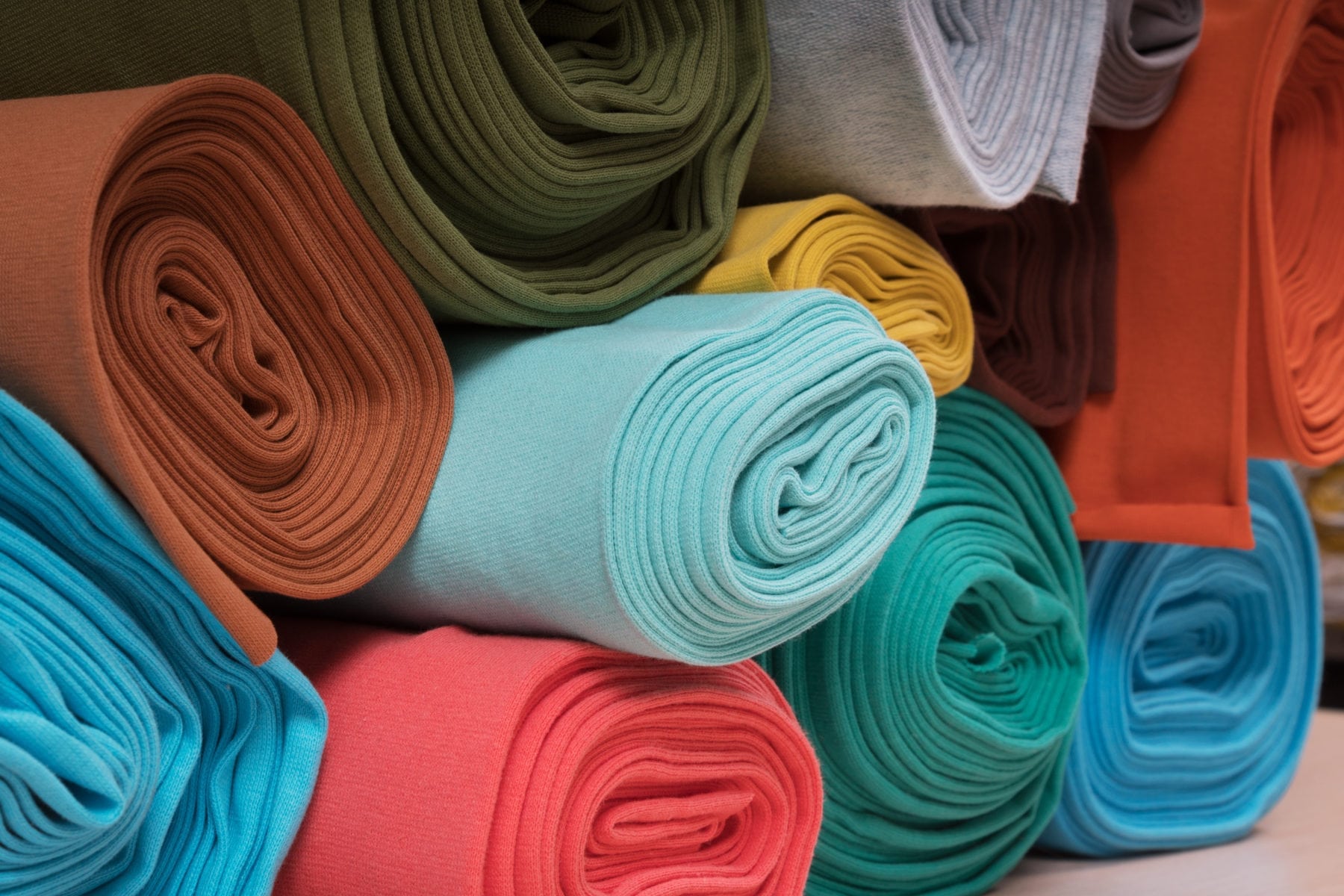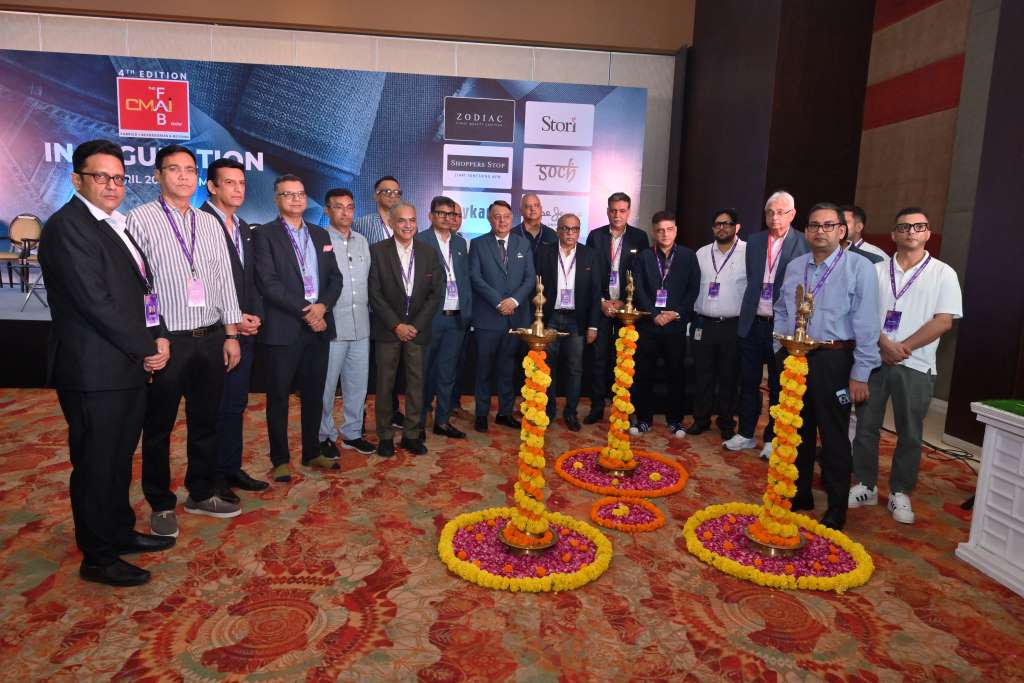"The recent decision by the Madras High Court upholding government’s rights to fix minimum wages for garment workers, has not gone down well among manufacturers and stake holders. The industry feels the government’s decision is not pragmatic and will render garment exporters in the State uncompetitive. In fact, Tamil Nadu’s garment exports sector which should have been growing at 30 per cent, is now limping at 2-3 per cent growth due to huge tariff disadvantage."
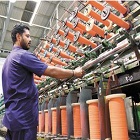
The recent decision by the Madras High Court upholding government’s rights to fix minimum wages for garment workers, has not gone down well among manufacturers and stake holders. The industry feels the government’s decision is not pragmatic and will render garment exporters in the State uncompetitive. In fact, Tamil Nadu’s garment exports sector which should have been growing at 30 per cent, is now limping at 2-3 per cent growth due to huge tariff disadvantage. Recently, a division bench of the Madras High Court upheld the Tamil Nadu government’s writ appeal and dismissed petitions filed by garment manufacturers to quash revision in minimum wages for tailoring industry. The government’s final notification for minimum wage revision (30 per cent) in the tailoring industry was issued on December 3, 2014.
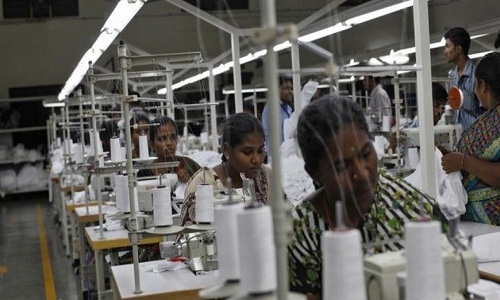
For knitted garments, the minimum wage was fixed at Rs 9,000-plus, while for the woven garment industry, it was Rs 11,000-plus. Manikam Ramaswami, Chairman & Managing Director of Loyal Textile Mills, believes it is ridiculous to have different minimum wage structures. Tailoring work is the same whether it is knitted or woven garment. Whether it is knitted or woven or home textile – all the three are doing identical operations to identical customers. One is using the woven cloth to make a garment; another is using a woven cloth to make a bed sheet. He feels, the illogical and high wage revision will jolt the industry, which has been facing challenges in boosting exports.
Tariff impact
Manufacturers say state’s garment exports sector growth has slowed down due to huge tariff disadvantage. On top of that, if high wages, which is 20 per cent of the cost of garment making, are imposed it will have a significant impact. Garment makers argue the hike it should be reasonable and in line with the rest of the country. Tamil Nadu cannot be paying 20 per cent more than Andhra Pradesh, Ramaswami observed. He also stated that such different wage structures would only convey wrong signals to investors. Meanwhile, K Venkatachalam, Chief Advisor, Tamil Nadu Spinning Mills Association, points out the garment industry misunderstood the notifications and failed to clarify. Under the 2014 government revision, wages were hiked to a high level and companies felt it would be too much for them to implement. Hence, many companies challenged the order in the Madras High Court on the ground that the rates of wages are very steep and such increases would make them uncompetitive.
However, the wage revision was only for employment in the tailoring industry. Hence, on the request of some companies, separate writ petitions challenging the order saying it is not applicable to hosiery/knitting industries and for home textile industry was put in. Accordingly, the government released two orders in January 2016 fixing the minimum wages for hosiery and knitting industries separately, Venkatachalam pointed out.
The writ petition challenging the applicability of impugned order for home textiles stands separated from the main batch and accordingly, it is still alive and the stay is continuing. Hence, those engaged in manufacturing hosiery/knitted garments are advised not to bother about the High Court order upholding the government order as they are covered by separate orders, he concluded.

